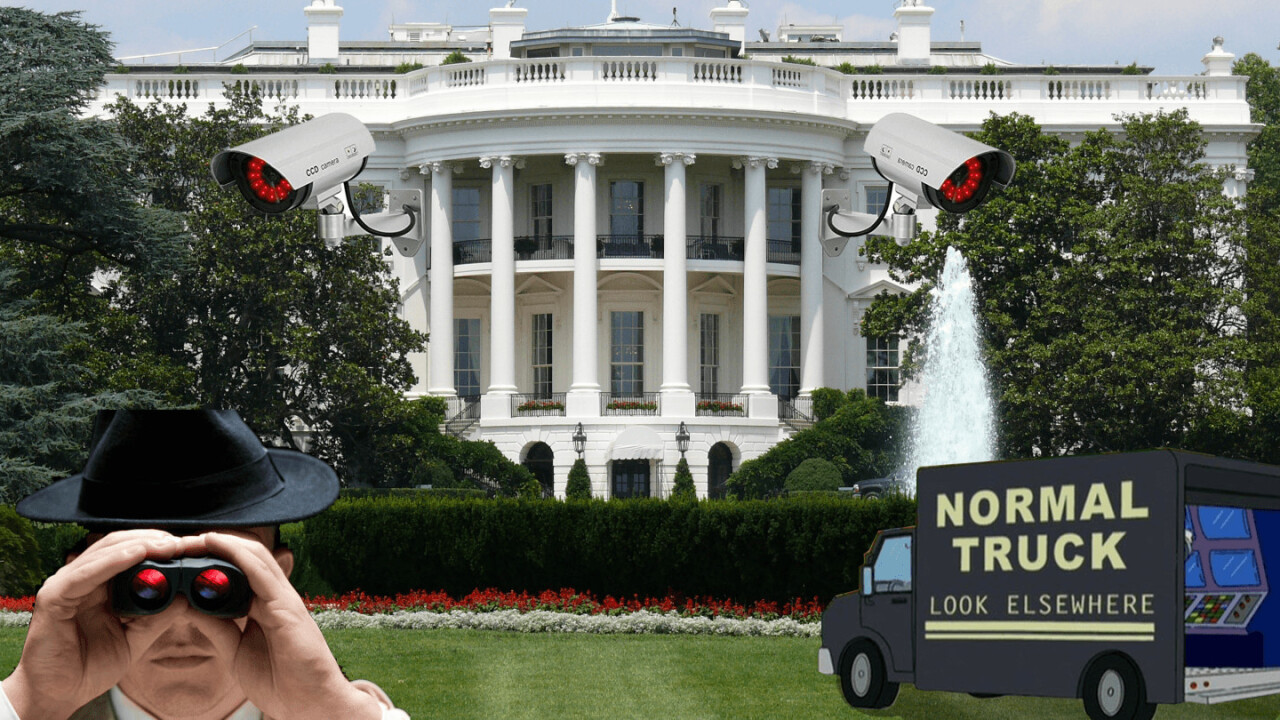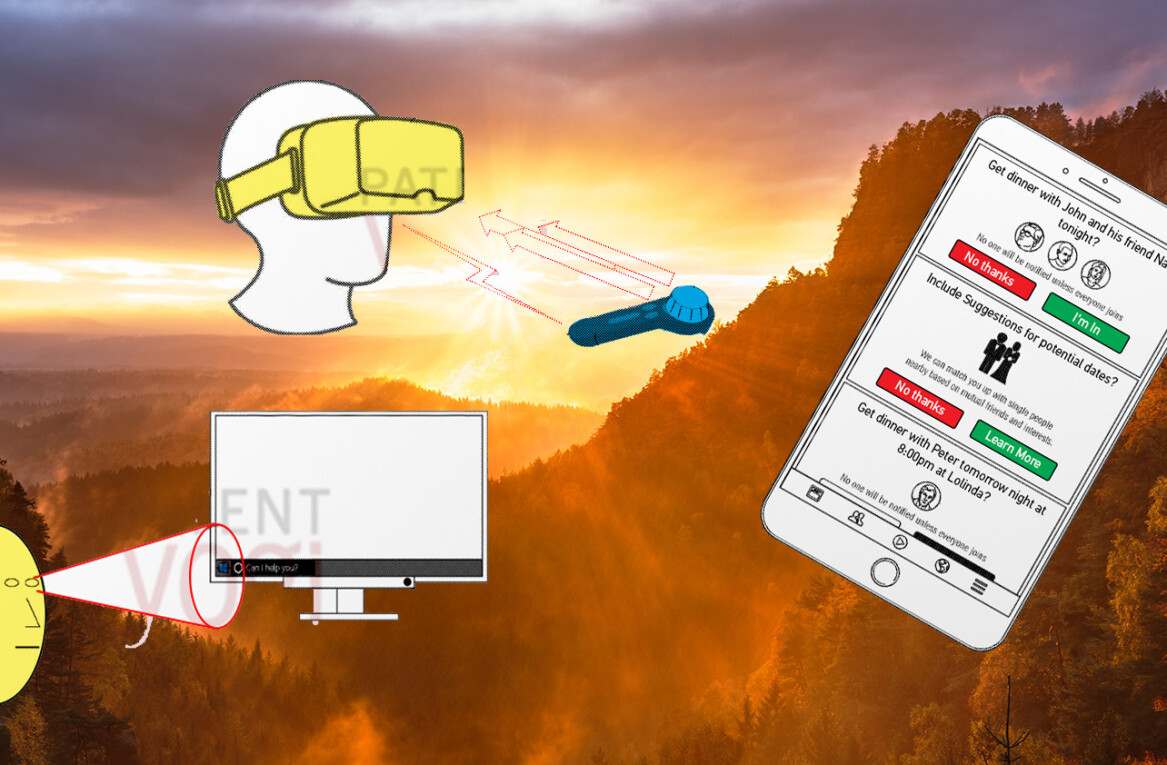
Around the time Edward Snowden began working for as a computer specialist for the intelligence community in 2006, I decided to leave my job as a lawyer for the American Civil Liberties Union to go inside America’s growing surveillance state. Congress had created a new office: an office of privacy and civil liberties to advise the head of the intelligence community on how to improve oversight of intelligence programs.
Much to my surprise, senior intelligence officials took a chance on hiring me — an ACLU lawyer — to become the office’s first deputy. While I am proud of the work we did, it is fair to say our success was limited. The main reason was that the law was woefully out of date. The law was focused mainly on preventing abusive domestic wiretaps, and did little to restrain the kind of global surveillance the NSA was conducting in the digital age.
When Barack Obama took office in 2009, I moved to the White House. Obama had promised a fresh approach to the “war on terror,” including a review of NSA surveillance programs, so I was hoping for deeper reforms. Yet when Obama learned of mistakes in the way the NSA was running programs, he left it to the lawyers to sort things out. Little changed… until Snowden came along.
The Snowden leaks
In the summer of 2013, a series of embarrassing stories about United States government surveillance began appearing in major news outlets, based on leaked documents stolen by Edward Snowden. While the Snowden stories were news to the American people and many members of Congress, they were not news to me. They showed how the Bush and Obama administrations had built mass surveillance programs that took advantage of America’s privileged position as the hub of the global internet.
While my work inside the government had brought about modest improvements in oversights, Snowden’s unauthorized leaks prompted far more significant reforms. The Obama administration launched a transparency drive, declassifying thousands of documents about mass surveillance — more documents, in fact, than Snowden had leaked. Congress ended bulk collection of telephone records, after a federal court had declared it illegal. The federal court that reviews surveillance began to hear arguments from outside lawyers.
The Snowden leaks also enlarged the way the United States government thinks about privacy. When I was in government, it went without saying that the only privacy that mattered was the privacy of American citizens and residents — “U.S. persons,” in the jargon of the intelligence community.
Obama, under pressure from allies and the US technology industry, required intelligence agencies to adopt new rules for handling the personal information of foreigners. These rules, while modest in practice, were a major shift for intelligence agencies that had never before been required to worry about the privacy rights of the rest of the world’s citizens.
Be on guard
This year, Congress will review the law that allows the NSA to obtain the digital communications of people it believes are outside the United States from a switch or server inside the United States, with a secret court order directed at American communications companies.
More than 100,000 targets were subject to such surveillance last year. While the NSA follows rules to ensure these targets are foreign, the database can also be searched for the names of Americans. Over 30,000 such searches took place in 2016 — all without a warrant.
The post-Snowden reforms are a good first step, but there is much more to do. Congress should demand warrants for Americans, and strong privacy protections for everyone. It should give the federal court that reviews surveillance the technical experts and staff it needs to do its job. The reforms adopted after 2013 have shown that when NSA does its job with more openness, the results are good not only for civil liberties, but for national security as well.
Presidents have abused surveillance powers in the past. Despite reform, it remains too easy for a reckless president to do so again. “I want surveillance,” Donald Trump said bluntly on the campaign trail. When Trump took office, he accused his predecessor of ordering his “‘wires tapped’ in Trump Tower,” showing his profound ignorance of the limits of presidential power.
Still, Trump and his supporters are right to worry about the “deep state.” Leaked intelligence reports based on the constitutionally-protected communications of Trump officials are a clear civil liberties abuse.
Americans shouldn’t wait for another damaging leak of classified surveillance programs to force the next round of surveillance reform. Reforming surveillance has never been more urgent.
Get the TNW newsletter
Get the most important tech news in your inbox each week.





